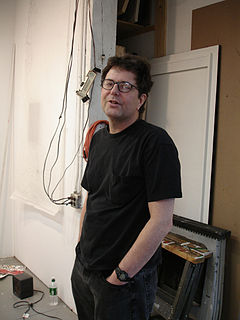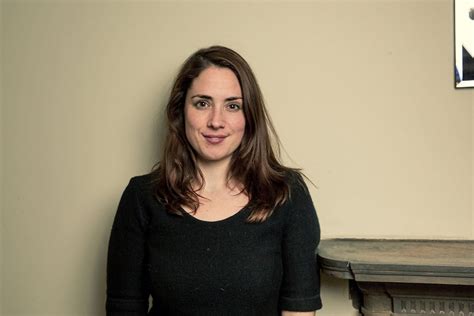A Quote by Zal Batmanglij
Related Quotes
And make no mistake: irony tyrannizes us. The reason why our pervasive cultural irony is at once so powerful and so unsatisfying is that an ironist is impossible to pin down. All U.S. irony is based on an implicit "I don’t really mean what I’m saying." So what does irony as a cultural norm mean to say? That it’s impossible to mean what you say? That maybe it’s too bad it’s impossible, but wake up and smell the coffee already? Most likely, I think, today’s irony ends up saying: "How totally banal of you to ask what I really mean.
It was not possible for us to produce the same optimism and the same kind of humour or irony. Actually, it was not irony. Lichtenstein is not ironic but he does have a special kind of humour. That's how I could describe it: humour and optimism. For Polke and me, everything was more fragmented. But how it was broken up is hard to describe.





































